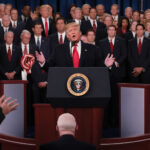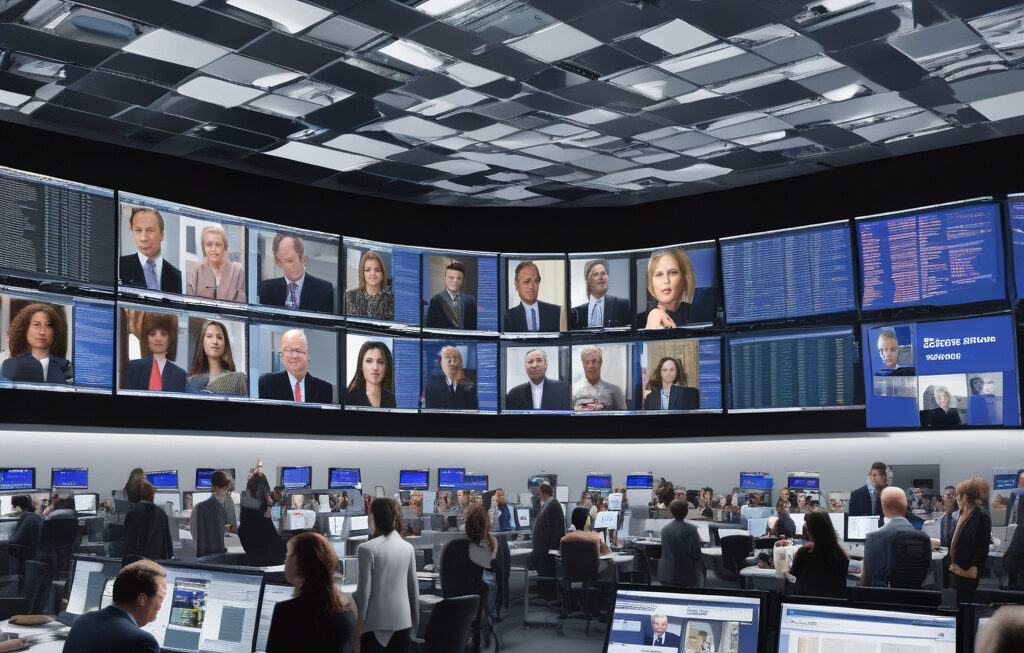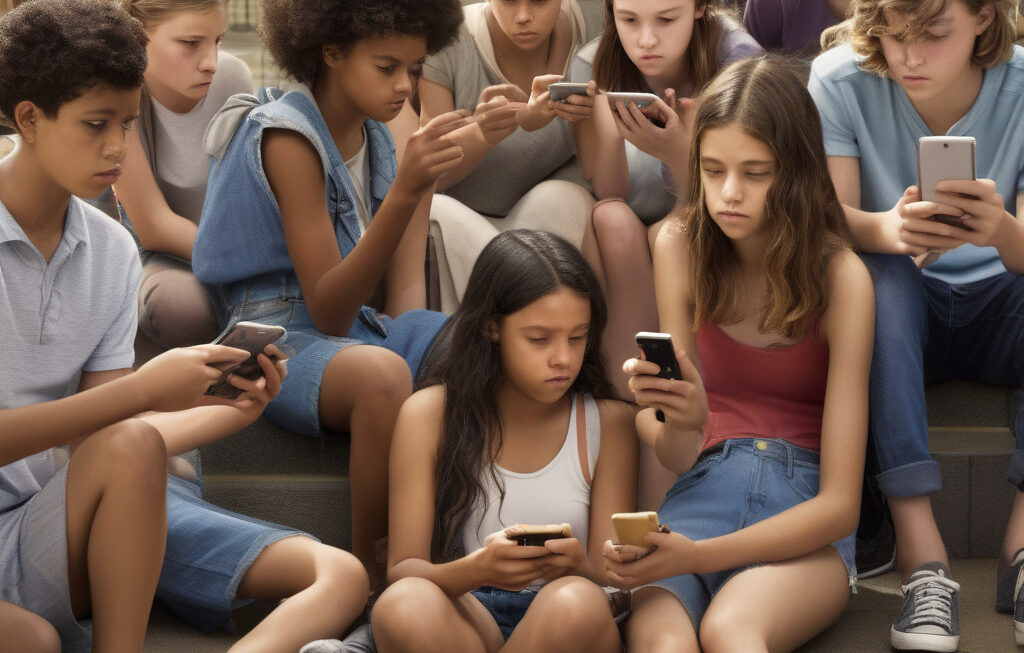YouTube Rolls Back Rules on Covid-19 and 2020 Election Misinformation
YouTube, one of the largest video-sharing platforms globally, has recently made a significant decision regarding its rules on Covid-19 and 2020 election misinformation. The platform has announced that accounts suspended under the old rules, including groups linked to prominent figures like Robert F. Kennedy Jr., may now return. This move marks a notable shift in YouTube’s approach as it repositions itself in the ongoing debates over free speech and misinformation online.
The decision to roll back these rules comes at a time when social media platforms are facing increasing scrutiny over their content moderation practices. YouTube, like many other tech companies, has been challenged to strike a delicate balance between allowing freedom of expression and preventing the spread of harmful misinformation. By revising its policies, YouTube is aiming to navigate these complex issues while maintaining a platform that is open to diverse perspectives.
The inclusion of groups linked to Robert F. Kennedy Jr. among those affected by the old rules highlights the challenges platforms face when dealing with influential figures who have the potential to reach a wide audience. Kennedy, a prominent anti-vaccine activist, has been vocal in spreading misinformation about vaccines and Covid-19. By allowing these accounts to return, YouTube is sending a message that it is willing to reevaluate its enforcement actions and provide an opportunity for dialogue on contentious issues.
As YouTube repositions itself in the debates over free speech and misinformation, it faces both praise and criticism for its decision. Proponents of free speech argue that platforms should not act as arbiters of truth and should allow all voices to be heard, regardless of their views. On the other hand, critics warn that allowing misinformation to spread unchecked can have dangerous real-world consequences, such as undermining public health efforts or eroding trust in democratic processes.
YouTube’s move also raises broader questions about the role of tech companies in shaping public discourse. With billions of users and an unparalleled reach, platforms like YouTube have a significant impact on the information landscape. As they grapple with the challenge of moderating content, these companies play a crucial role in determining what information is accessible to the public and how it is presented.
In the ever-evolving landscape of online content moderation, YouTube’s decision to roll back rules on Covid-19 and 2020 election misinformation underscores the complexities of balancing free speech with the need to combat harmful falsehoods. As the platform continues to navigate these challenges, it will be essential to monitor how its policies evolve and the impact they have on the broader online ecosystem.
Ultimately, the debate over free speech and misinformation on platforms like YouTube is far from over. As tech companies grapple with these issues, finding a solution that upholds democratic values while safeguarding against disinformation will remain a pressing concern for policymakers, advocates, and users alike.
YouTube, Covid-19, 2020 election, misinformation, free speech











